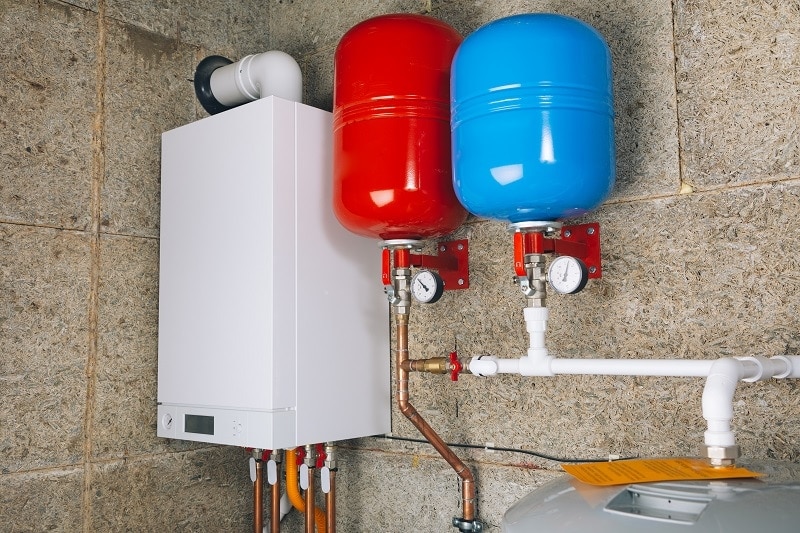
Expert installation of a hot water unit is supposed to be something that lasts as long as the rest of the woodwork in your home. That means that you should be able to enjoy consistent operational functions for ten years or more. This is usually in ideal circumstances, and we know that this always isn’t the case in real life. There are some critical changes between manufacturer specifications and the quality general plumber you use which affects how long yours will last. Getting the best levels of life expectancy from your hot water systems is also reliant on paying attention to the necessary maintenance. You may need to replace some of the parts every two years or so and this is a small gesture towards ensuring longevity. That’s what your local plumber is for!
Hot water systems are made up of various heating elements usually paired either with tankless (continuous flow) or with a storage tank. Hot water units with tanks have a wider variety of different builds and this can affect how long they last. It’s also about how much strain is put on the system which is up to the environment and how you use it. In both instances, it is very important to set up a recurring service schedule with a licensed gas plumber. Let’s discuss the pain types of hot water systems available to you…
Electric hot water systems are becoming the system of choice because they are more cost-effective to buy and install. One of the very few disadvantages of this type of unit is that it weighs heavily on the electricity bills, which makes it more expensive to run over time and that is exacerbated by daily or continuous use. Sometimes, it is best to consult with an expert because they may offer some helpful plumber tips for your entire plumbing system.
Solar-powered systems are made up of solar panels and a storage tank. Solar hot water systems need larger tanks because they have to account for periods when there is less sunlight. The tank will be installed with a heating element that is meant to keep the water hot on days with less sunshine where your solar panels cannot act. The installation process is more expensive and takes more time when compared to the other two traditional types. The benefit of solar-powered hot water systems is that they will eventually pay for themselves in the long run because you don’t have to pay the sun for the energy it gives you. Then, of course, there are the government rebates to consider which can help to offset the cost of installation.
Natural gas is always a good fuel option for a range of systems outside of general plumbing systems. The only issue here is having a connection for it, but it can be cheaper than the electric option because gas rates in Perth don’t have off- and on-peak pricing fluctuations.
There are four main things that have a material impact on how long your hot water system lasts and they encompass everything you need to worry about. This includes the type you buy, the quality of the system, how you use it and the quality of the water. Even though they all hold gravity, it is strenuous usage of your system during certain times of the season that really puts pressure on it. Naturally, as you can imagine, more hot showers than usual on colder days will push your system to work harder than it usually does. While putting them under pressure is a huge issue, you can help to alleviate some of the strain by keeping up with regular maintenance to avoid the common issues that can be caused by additional usage pressure.
Regular plumbing maintenance is performed by a licensed plumber who can ensure that your system is running properly, identify issues, and resolve them before they become big problems. You should consider having your system serviced twice a year at most and you will reap the rewards of a well looked after hot water unit. The plumber can take a closer look at your system for cracks, corrosion, and water leaks from top to bottom of your water heater. Regular inspection can alert you to small problems before they become major issues.
While you won’t have to worry about this for a long time, it is a good idea to establish some expectations. Keep reading to discover some noticeable signs when a hot water system is due for a professional replacement in North of the River, South of the River and The Hills. Usually, it comes down to the age of the system and there are some clear ‘old-age’ signs you should also watch out for. We will briefly discuss them below…
From this guide, we hope we’ve given you some confidence in deciding to invest in a hot water unit. Some TLC facilitated by the team at Historic Plumbing is sure to extend the lifespan of your hot water system.

Historic Plumbing is a family-run plumbing company helping Perth residents with their plumbing and gas fitting problems for more than 10 years.